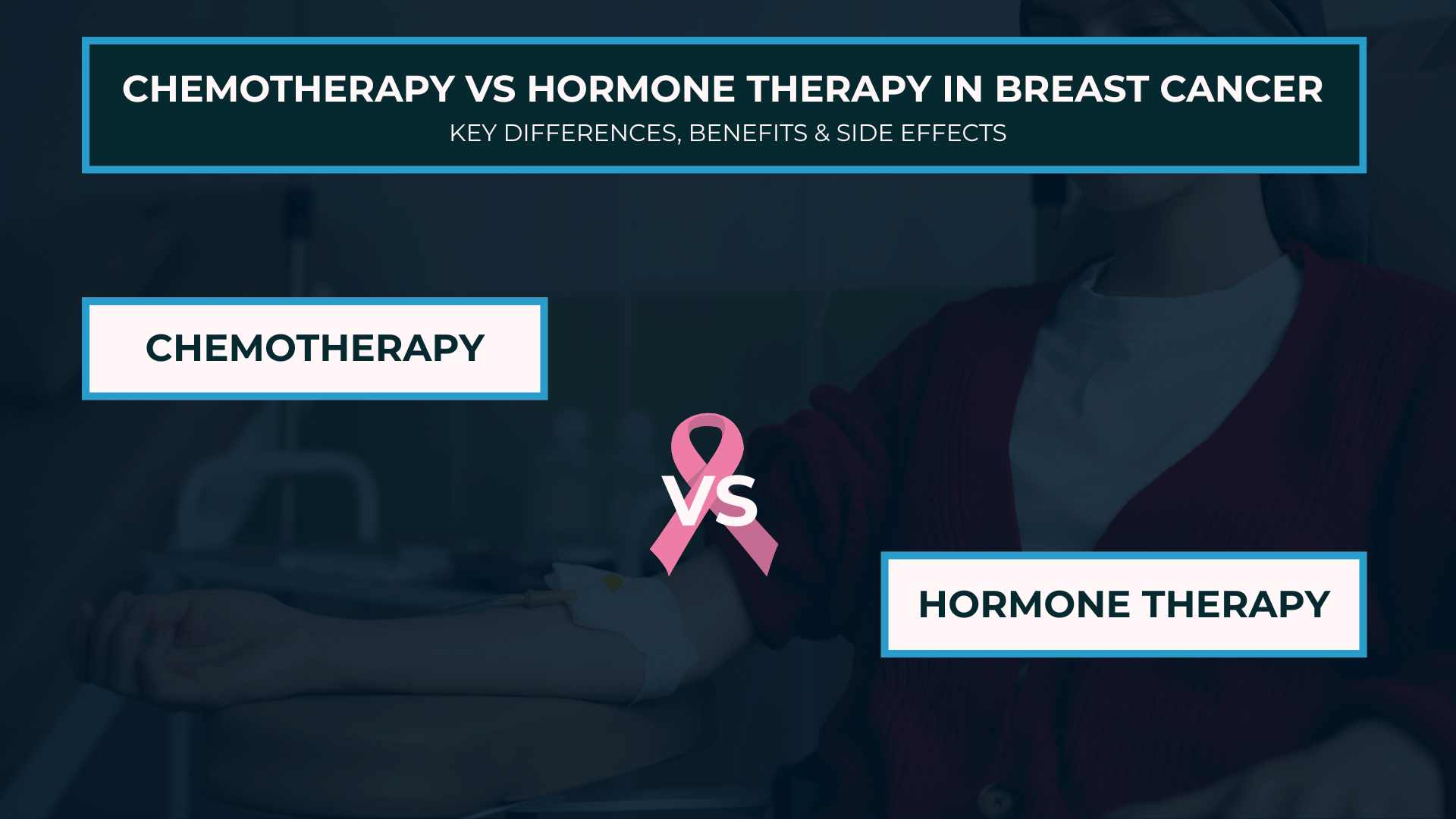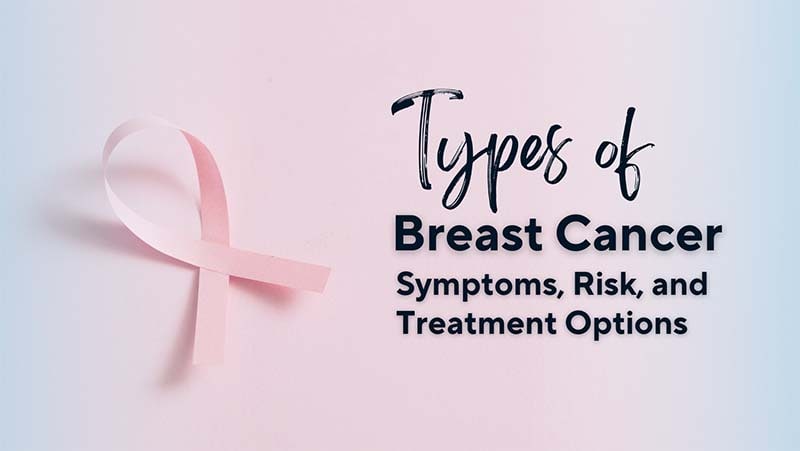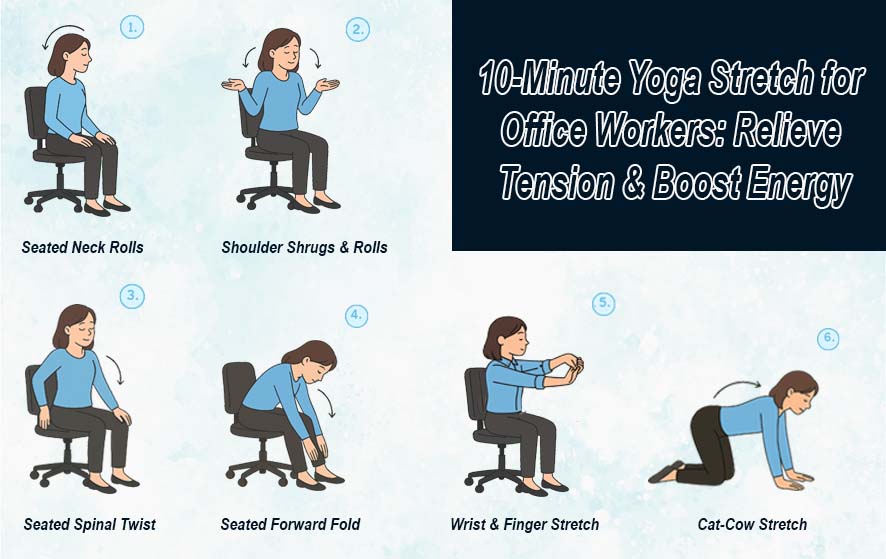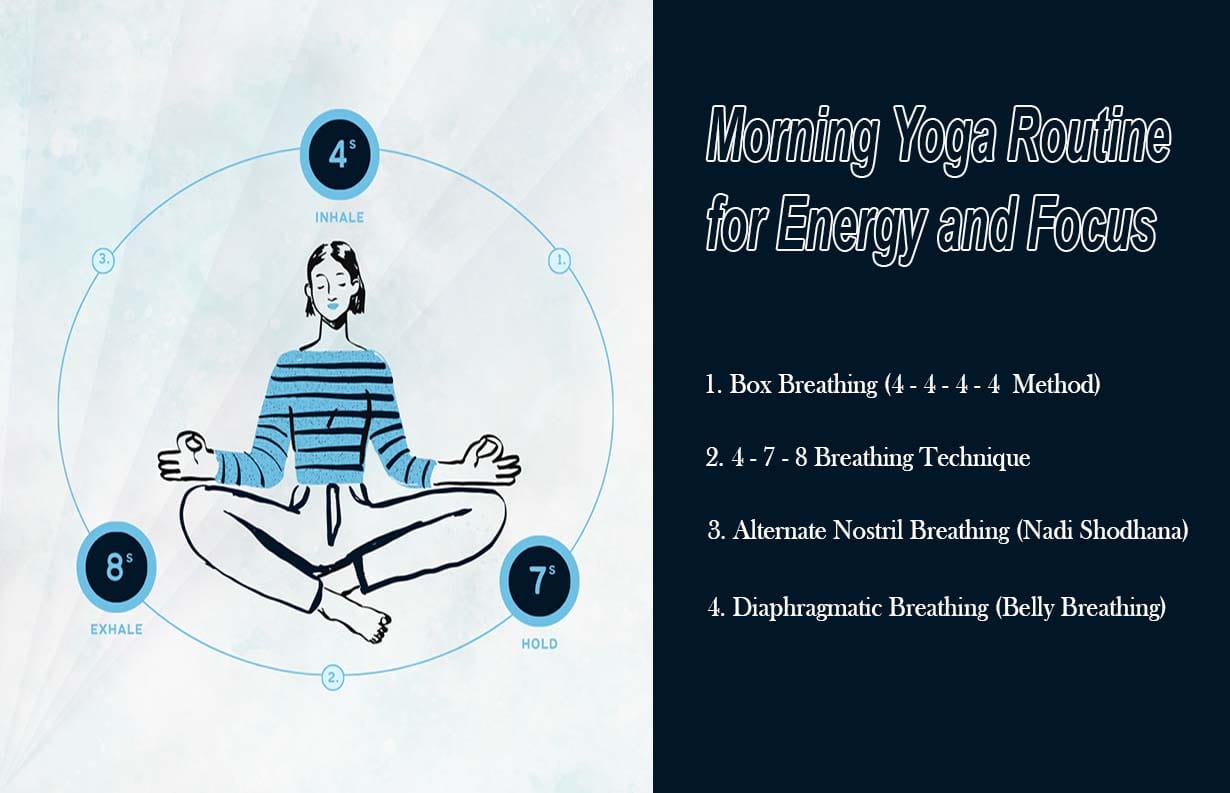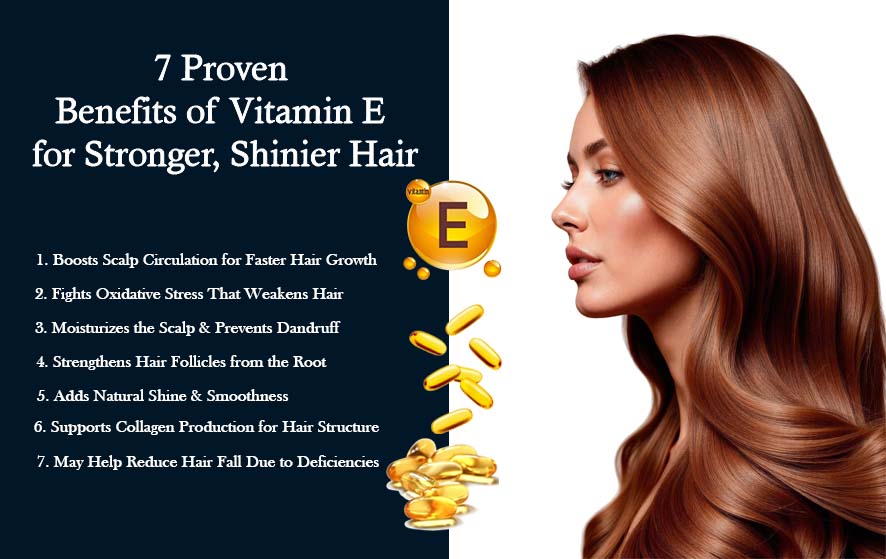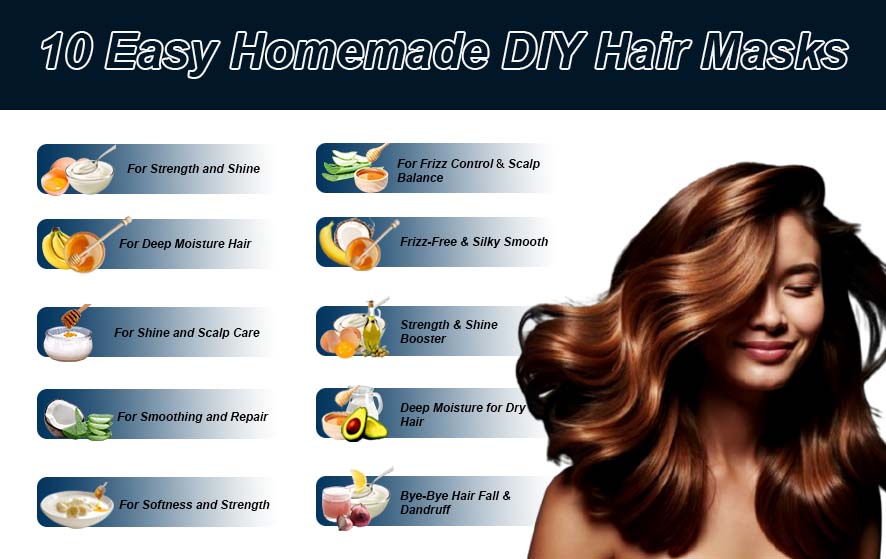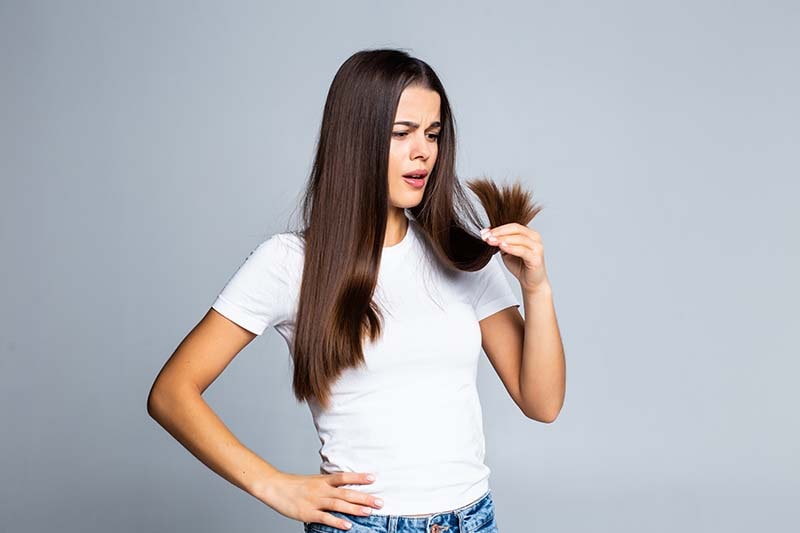Hair loss can be frustrating and even distressing. How to stop hair loss and regrow hair naturally, such as whether you’re noticing thinning strands or excessive shedding, you’re not alone. Many factors—stress, diet, genetics, and hair care habits—affect hair health. The good news? Natural solutions can help slow hair loss and even promote regrowth.
In this guide, we’ll explore proven methods to restore your hair naturally. From nutrition and scalp care to gentle styling and effective treatments, you’ll discover practical steps to strengthen your hair. Ready to take control of hair loss? Let’s get started!
Understanding Hair Loss
Hair loss is a common concern, but knowing what causes it can help you find the right solution.
Genetics is the most common cause, often referred to as male or female pattern baldness.
Hormonal imbalances are Pregnancy, menopause, thyroid issues, or PCOS, and can lead to hair loss.
Stress, whether Physical or emotional, can trigger hair shedding.
Nutritional Deficiencies are a Lack of essential vitamins, minerals, and proteins that can weaken hair.
Medications such as Certain drugs, such as those for cancer or depression, can cause hair loss.
Scalp Conditions are Dandruff, psoriasis, and fungal infections that can affect hair growth.
Excessive Styling means Constant heat styling, tight hairstyles, or chemical treatments that can damage hair.
Signs of Thinning Hair
Excessive shedding is more hair on your pillow or in the shower.
Visible scalp such as Your scalp becomes more noticeable as hair thins.
Receding hairline is especially common in men, where the hairline may gradually move back.
Bald patches Circular or patchy hair loss may occur.
Understanding these causes can help you choose the right natural remedies and treatments for your hair.
Can You Naturally Regrow Hair?
Regrowing hair naturally is possible, but it requires patience and consistency. Let’s explore what factors influence this process and set realistic expectations.
Factors Influencing Hair Regrowth
Genetics rules are if hair loss runs in your family, regrowth might be more challenging but still possible.
Younger individuals may see faster and more significant results.
Overall health and underlying conditions can impact hair regrowth success.
When the early stages of thinning occur, they may respond better to natural treatments than advanced hair loss.
Consistency means regularly following a hair care routine, which increases the chances of success.
Realistic Expectations
Time is more important your Natural regrowth takes time; often, several months are needed to notice significant results.
Results Vary Not everyone can achieve a full head of hair, but many see improvements in thickness and volume.
Complete Cure means that some may experience slower regrowth, while others might only slow hair loss.
Natural remedies can help boost hair growth, but they aren’t quick fixes. It’s important to stay patient and consistent.
Diet and Nutrition for Healthy Hair
What you eat plays a significant role in the health of your hair. A well-balanced diet supports hair growth and reduces hair loss.
Essential Vitamins and Minerals
Vitamin A helps in the production of sebum, keeping the scalp moisturized.
Vitamin B Biotin (B7) promotes hair strength and prevents shedding.
Vitamin C is an antioxidant that protects hair follicles from damage and supports collagen production.
Vitamin D Deficiency can lead to hair loss, especially in women.
Low iron levels can lead to hair thinning, particularly in women.
Zinc supports hair growth and repair.
Best Foods for Hair Growth
Leafy Greens are rich in vitamins and minerals like iron, vitamin C, and folate.
Nuts and Seeds are High in essential fatty acids, zinc, and vitamin E.
Eggs are Full of protein and biotin, both essential for healthy hair.
Salmon: Rich in omega-3 fatty acids and vitamin D.
Sweet Potatoes are a great source of beta-carotene and vitamin A.
Beans are packed with protein, iron, and zinc.
The Role of Supplements in Hair Regrowth
Supplements can help fill in nutritional gaps and promote healthy hair growth, especially if your diet lacks certain key nutrients.
When to Consider Supplements
Nutrient Deficiencies are if you’re lacking vitamins or minerals essential for hair health.
Recovery from illness or stress can impact hair health.
Genetics If hereditary hair loss runs in your family, supplements may support hair regrowth.
Popular and Effective Options
Biotin is known to improve hair strength and promote growth.
Collagen supports hair structure and improves elasticity.
Iron helps prevent hair thinning, especially for those with iron deficiency.
Vitamin D boosts hair follicle health and reduces hair shedding.
Saw Palmetto is a natural extract that may help reduce hair loss caused by hormone imbalances.
Omega-3 Fatty Acids Improve scalp health and nourish hair follicles.
Supplements can support hair regrowth but should be used alongside a balanced diet and proper hair care routine for optimal results. Always consult with a healthcare provider before starting any supplement regimen.
Managing Stress for Healthier Hair
Stress is a major factor in hair loss. Reducing stress can help prevent further thinning and support healthier hair.
How Stress Contributes to Hair Loss
Telogen Effluvium is a condition where stress causes hair to enter the shedding phase prematurely.
Stress can trigger hormonal changes that affect hair follicles.
Increased Chronic stress can cause inflammation, weakening hair roots and leading to hair loss.
Stress-Reducing Techniques
Exercise is regular physical activity that improves circulation and reduces stress.
Mindfulness and meditation can calm the mind and reduce stress levels.
Deep and Simple breathing exercises can help relax the body and mind.
Adequate Sleep means getting enough rest, which helps regulate stress hormones and promotes hair health.
Journaling or Therapy Writing down your thoughts or talking to a therapist can help manage emotional stress.
By incorporating stress-reducing practices into your routine, you can help preserve your hair and support overall well-being.
Topical Treatments and Natural Remedies
Topical treatments can nourish the scalp and stimulate hair growth. Many natural remedies offer effective, chemical-free options for regrowing hair.
Essential Oils for Hair Growth
Rosemary oil is known to improve circulation and stimulate hair follicles.
Peppermint oil increases blood flow to the scalp and promotes hair growth.
Lavender Oil Helps reduce stress and has soothing properties for the scalp.
Tea Tree Oil Possesses antifungal properties and keeps the scalp healthy.
Herbal and DIY Treatments
Aloe Vera moisturizes the scalp, reduces dandruff, and promotes healthy hair growth.
Onion Juice is rich in sulfur, which helps improve circulation and stimulate hair regrowth.
Fenugreek: Fenugreek contains proteins and nicotinic acid that may help prevent hair loss and promote growth.
Castor oil is full of fatty acids, it helps moisturize the scalp and nourish hair follicles.
How to Apply
Mix oils with a carrier oil (like coconut or olive oil).
Massage gently into the scalp and leave for 20–30 minutes.
Rinse with lukewarm water and shampoo.
Apply these treatments 2-3 times a week for best results.
Using these natural remedies can support your hair growth process while being gentle on your scalp and hair.
Gentle Hair Care Practices
Taking proper care of your hair can reduce breakage and prevent further thinning. Gentle practices help preserve your hair’s natural strength and health.
Proper Washing and Conditioning
Use Mild Choose sulfate-free shampoos to prevent stripping natural oils.
Avoid over-washing your hair too often as it can cause dryness and breakage. Aim to wash 2-3 times a week.
Condition your hair regularly by using a conditioner suited for your hair type to keep strands hydrated and strong.
Reducing Damage from Brushing
Use a Wide-Toothed Comb avoid brushing wet hair with a fine-toothed comb, as it can cause breakage.
Gentle Detangling start from the ends and work your way up to avoid pulling hair from the roots.
Avoid these tight Hairstyles Styles like tight ponytails or braids can cause stress on hair follicles and lead to breakage.
Heat and Chemical Protection
Excessive use of flat irons or curling irons can damage hair over time.
If you must use heat tools, apply a heat protectant to minimize damage.
Skip Harsh Chemicals minimizes the use of hair dyes, bleach, and perms, which can weaken hair.
By practicing these gentle hair care habits, you can reduce the risk of hair damage and maintain stronger, healthier hair.
Treating Scalp Conditions Like Dandruff
Healthy hair starts with a healthy scalp. Addressing scalp conditions like dandruff can promote better hair growth and prevent hair loss.
How Scalp Health Affects Hair Growth
Dandruff can block hair follicles, preventing hair from growing.
Conditions like psoriasis and seborrheic dermatitis can cause inflammation, leading to hair shedding.
Excess Oil or Dryness of an imbalanced scalp can weaken hair and affect its growth cycle.
Effective Treatments for Dandruff
Medicated Look for shampoos with ingredients like ketoconazole, zinc pyrithione, or selenium sulfide to treat dandruff.
Tea Tree Oil is known for its antifungal and soothing properties, it can help treat dandruff and promote scalp health.
Apple Cider Vinegar is a natural remedy that helps balance scalp pH and reduce dandruff. Dilute it with water and apply to the scalp for 5-10 minutes before rinsing.
Aloe Vera Soothes and moisturizes the scalp, reducing itching and inflammation caused by dandruff.
Preventing Scalp Conditions
Regular Scalp Massages are increases blood circulation to the scalp, promoting healthier hair growth.
Maintain Scalp Hygiene cleanse the scalp regularly to prevent the buildup of oil, dead skin, or product residue.
By treating scalp conditions and maintaining a clean, balanced scalp, you support healthy hair growth and reduce hair loss.
Medical Treatments for Hair Loss
If natural remedies don’t yield the desired results, medical treatments can offer more targeted solutions for hair regrowth.
When to Seek Professional Help
If your hair loss is rapid or noticeable, consulting a doctor is recommended.
Underlying Health Issues and Conditions like thyroid imbalances, hormonal changes, or anemia may require medical intervention.
Improvement if natural methods aren’t working, a professional may offer effective alternatives.
When to Seek Professional Help
If your hair loss is rapid or noticeable, consulting a doctor is recommended.
Underlying Health Issues and Conditions like thyroid imbalances, hormonal changes, or anemia may require medical intervention.
Improvement if natural methods aren’t working, a professional may offer effective alternatives.
Available Medical Options
Minoxidil (Rogaine) is an over-the-counter topical treatment that can help regrow hair by stimulating hair follicles.
Finasteride (Propecia) is a prescription medication that reduces DHT levels, a hormone linked to hair loss.
Platelet-rich plasma (PRP) Therapy is a treatment where your blood is processed and injected into the scalp to stimulate hair growth.
Air Transplant Surgery For advanced hair loss, surgery can restore hair by transplanting hair follicles from other parts of the body.
Laser therapy low-level laser devices may help stimulate hair follicles and promote regrowth.
Medical treatments are effective for many, but it’s important to consult a doctor to find the best option for your hair loss type and overall health.
Hairstyling Tips to Conceal Thinning Hair
If you’re dealing with thinning hair, certain styling techniques can help conceal it and boost confidence.
Best Hairstyles for Volume
Layered Cuts are Layers that can add body and volume to thin hair, making it appear fuller.
Bob or Lob shorter cuts can give the illusion of thicker hair.
Side Part a deep side part can add volume and make thinning areas less noticeable.
Textured Waves add volume and movement to the hair.
Hair Fibers and Products
Keratin-based hair fibers can be sprinkled onto thinning areas to instantly add fullness.
Volumizing Mousse adds texture and body to fine hair, making it appear thicker.
Dry Shampoo Helps add lift and volume to roots, especially for oily hair.
Avoiding Hairstyles That Exacerbate Thinning
Tight ponytails or buns can cause further damage to hair follicles.
Excessive flat ironing can make hair appear flat and lifeless.
Using clips that pull or tug can cause further breakage.
By choosing the right hairstyles and using the right products, you can conceal thinning hair and achieve a fuller, more voluminous look.
Success Stories and Testimonials
Hearing from others who have faced hair loss and successfully regrown their hair can provide motivation and insights.
Anna’s Journey with Biotin
Anna struggled with thinning hair due to stress. After adding biotin to her daily routine, she noticed stronger, thicker hair within three months.
John’s Success with Minoxidil
John started using Minoxidil after noticing a receding hairline. Over six months, his hairline improved, and he saw regrowth along the temples.
Sarah’s Hair Transplant Story
Sarah, with advanced hair loss, opted for a hair transplant. After a year, she was thrilled with the natural results and a fuller head of hair.
Why These Stories Matter
Success stories show that hair regrowth is possible with the right approach.
Different Approaches what works for one person may not work for another, but these stories offer a range of solutions.
Patience is key; many people see results gradually, so persistence is important.
These success stories highlight that hair regrowth is achievable, providing encouragement and inspiration to those dealing with hair loss.
Conclusion
Regrowing hair naturally is possible with the right combination of nutrition, hair care, and patience. While results take time, consistent effort can lead to noticeable improvements.
Proper nutrition is essential for healthy hair. Consider supplements if necessary. Avoid harsh chemicals and heat styling to protect your hair from further damage. Reducing stress can significantly impact your hair health. For more severe cases, medical treatments like Minoxidil or hair transplants can offer solutions.
Hair loss is a common concern, but with the right knowledge and steps, you can take control of your hair’s health. Stay consistent, be patient, and explore natural treatments to regain fuller, healthier hair.

